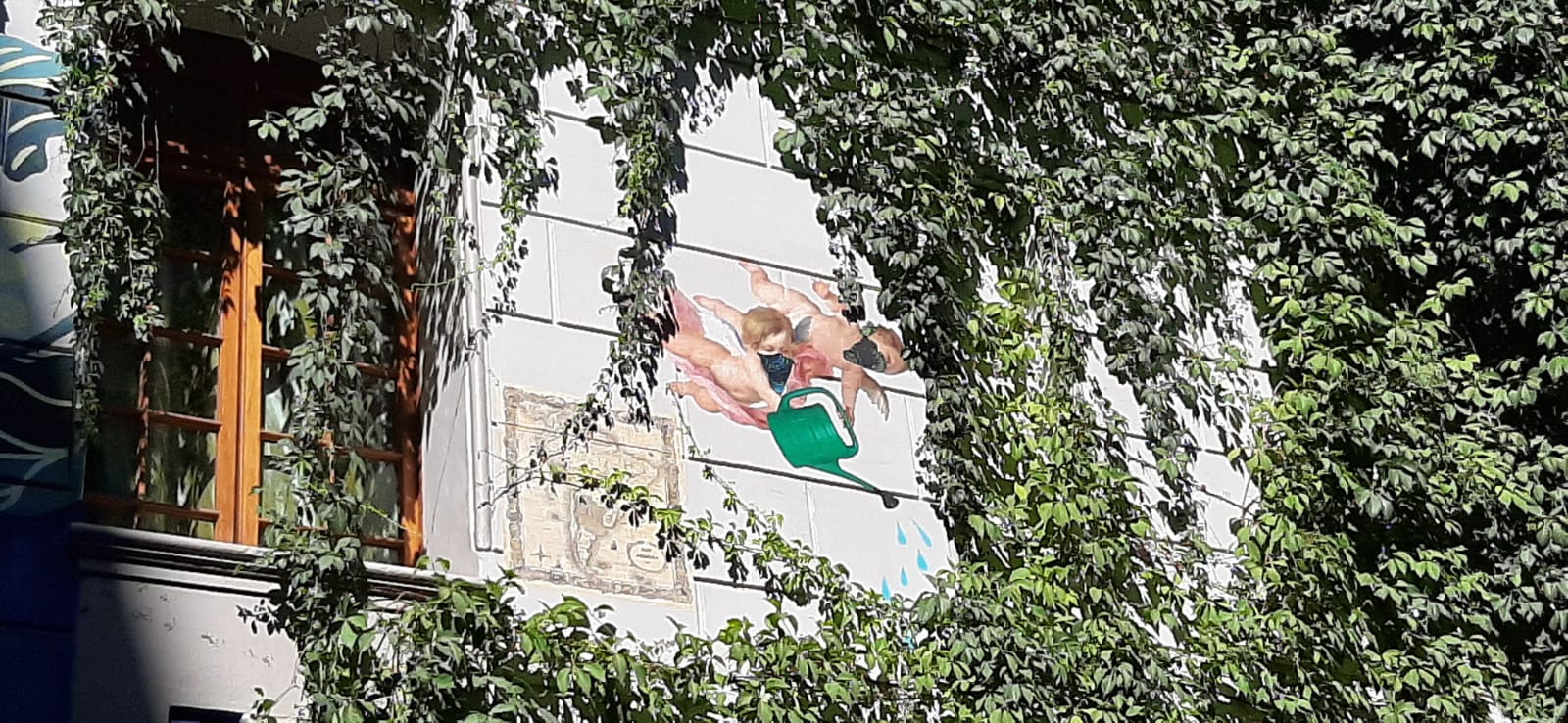Sonja’s greetings from Santiago, Chile

K: So the only thing you needed was that feeling of “I have to pee” and there you were: outside. Everything used to happen outside.
A: And, and and there was the smell and the sound.
K: Yeah.
A: But nowadays there is no smell in the bathrooms […]
K: Mm.
K2: Mm.
K: They are inside ones home. [the bathrooms]
K2: Life has moved indoors.
K: Mm.
K2: And the walls isolate.
A: Yeah.
K2: The sounds and.
K: The walls isolate everything.
K2: Mm.
[…]
A: And like smells and scents they get eliminated, sterilized.
K2: Mm.
K: Yeah. Yes.
(Sensobiographic walking, Turku, Pair 24)
While going through our data for one of my PhD article, the above quotation from Turku caught my eye. It is true. Scents and smells are being eliminated all around Europe. In Finland we have people who are more and more affected and sensitive to strong odors. It seems like we have a lower threshold for smells.
Nonetheless, today I am not in Turku, but I find myself in Santiago, Chile. I am staying here as a visiting fellow at the University of Andres Bello “Critical theory” doctoral program.
There is a hunch of the past in Santiago, Chile regarding strong smells, loud sounds and touch; how people kiss the air while their cheeks touch to greet. One night there was a loud party next door and I was trying to sleep. Strange thing was, the noise did not bother me the way it would have in Finland where we are not used to any sound pollution after 10:00 pm.
When you enter the grocery store, the first thing you smell are the fruits, the sweet and aromatic scent of a nectarine, the touch of sun and earth in the oranges. The music is loud. People are loud. The shopping carts are like the ones we had in Finland 10 years ago. Do you remember the small ones that always had at least one wheel that would not turn properly? Those. I buy chewing gum from a vending machine and it just eats my 100 pesos and I get nothing in return. Nothing really works properly, which creates a forgiving atmosphere where one is allowed to fail too. But in some things the Chilean are ahead of us: there are NO plastic bags in the grocery stores.
I ask whether there are people who are sensitive to smells. The locals don’t even really understand my question. “What do you mean? Like, sick?”
I feel like my most primitive senses are in more active use here than in Finland. The sense of smell and taste are heightened and in great use while I walk through the city. The park of Bustamante has four Carabinero (police) tanks and one can smell and taste the tear gas of the protest that is taking place. The feeling of one “being alive” is very present here on the edge of the risk that something might actually happen to your body.
In October 2019, there was a 30-peso increase in the metro ticket price. It is from there the protests start. Safe to say it is not just an increase in a metro ticket that made the citizens angry. That was just the tipping point in the long history of economic inequality in a country, that is ranked as high-income economy (World Bank) and that was the first of all Latin-American countries to ever enter the OECD and that has had steady economic growth since the 60’s. It’s about a country where minimum wage is 447 US dollars per month (Ley 21.112 1) but the class differences continue to tear people apart.
I buy water from a small kiosk opposite the plaza. I ask for advice from an older lady who replies:“si, mi amor?” – “Yes, my love?”. I feel like being hugged by this country as well as I feel violated when I wander through the plaza to get to the other side of the city. Someone calls me “bonbon, caramelo!” When I cross the street. (Later I use this insult as my Instagram nickname). There is a text written in the wall that says: “Nos mean y prensa dice que llueve” that means “They are pissing on us and the media says it is raining”. The distant tear gas enters my lungs. I stop to stare for awhile but the tank drives closer so I decide to leave. It is strange how all the most terrifying things become ones normality and everyday life within days. It is the survival instinct I guess; one needs to feel “normal” no matter the situation.
Sonja Pöllänen, PhD student in anthropology and Project researcher at SENSOTRA
She will be staying in Chile until 11th of March.
Artist of the painting in the photo: Caiozzama